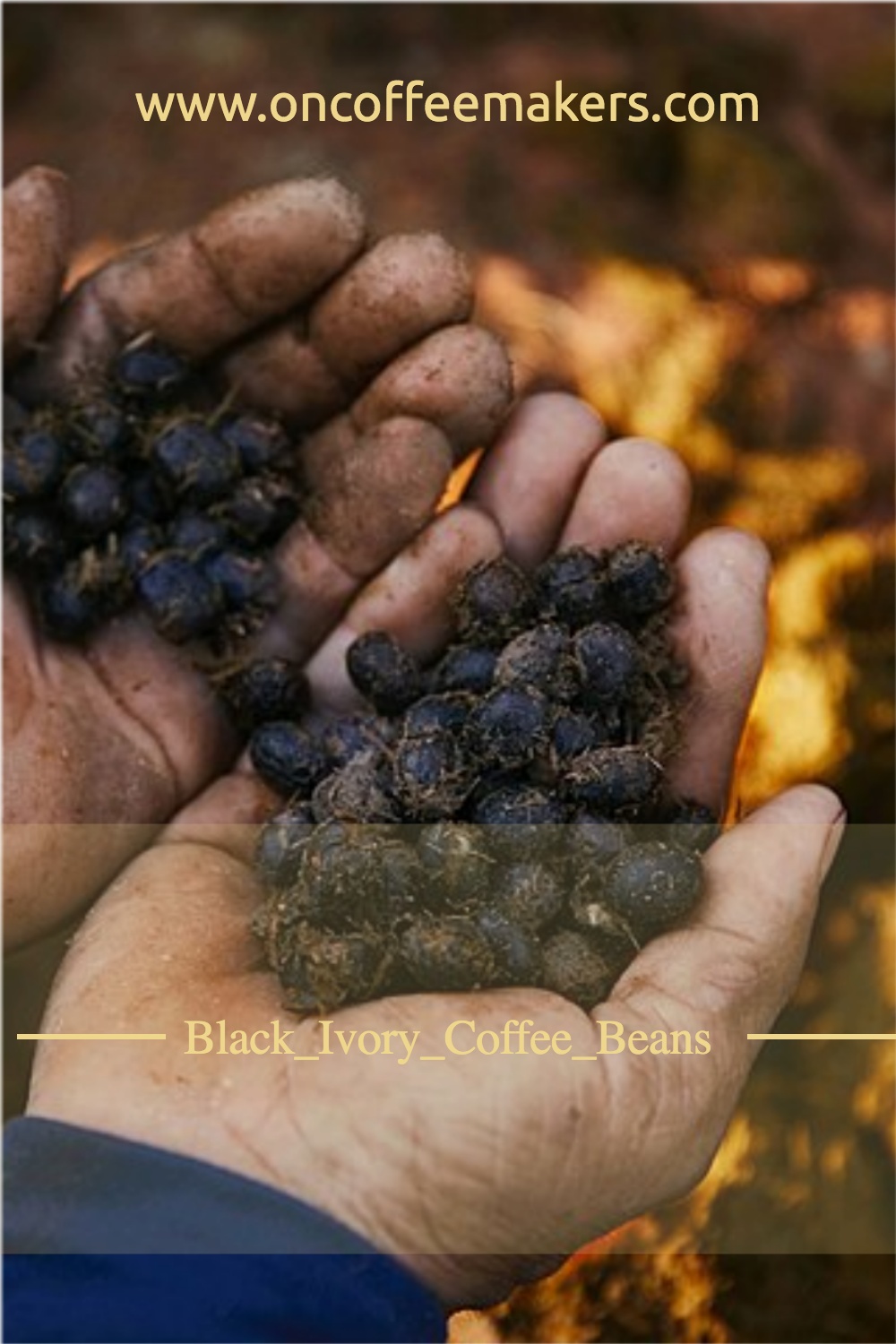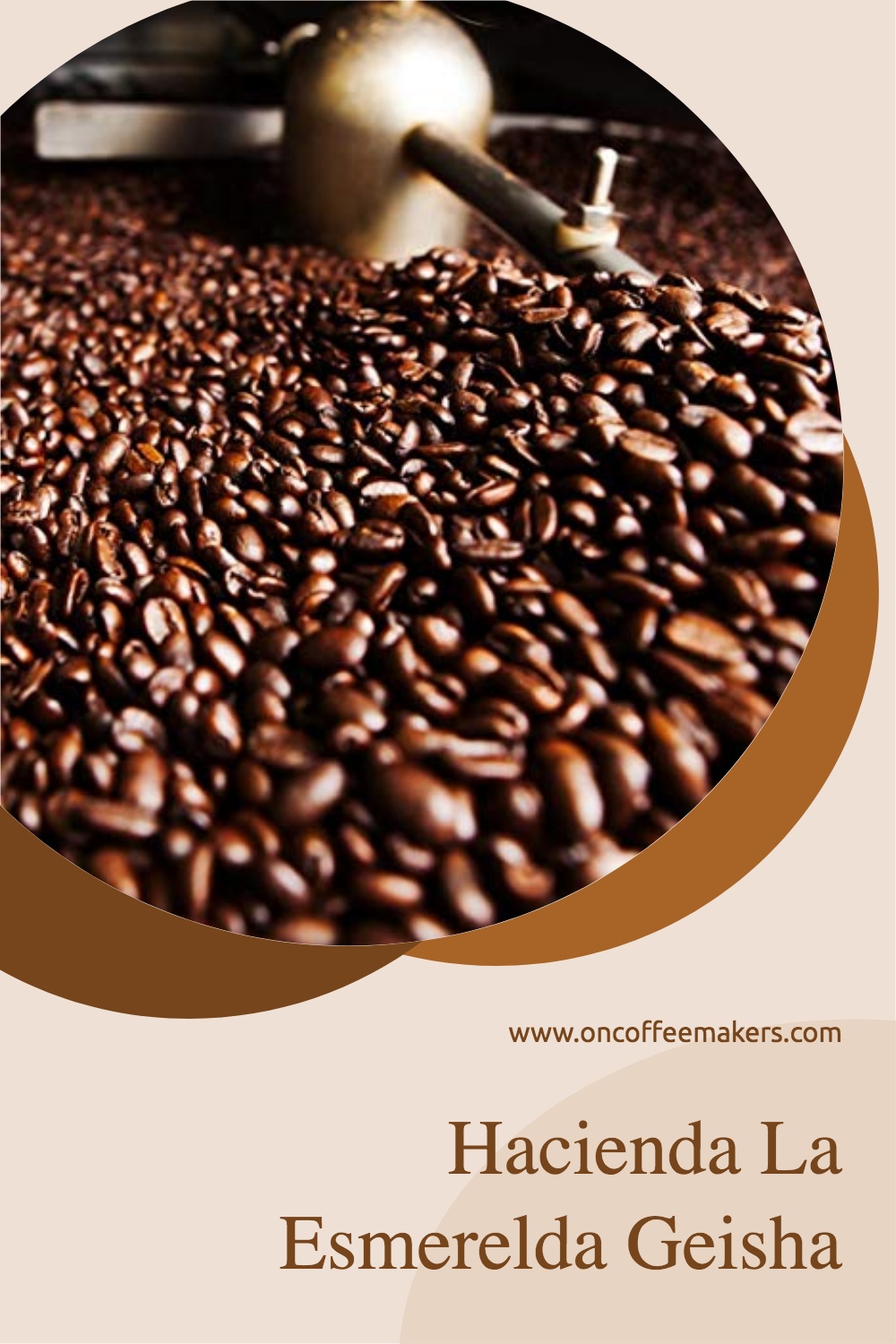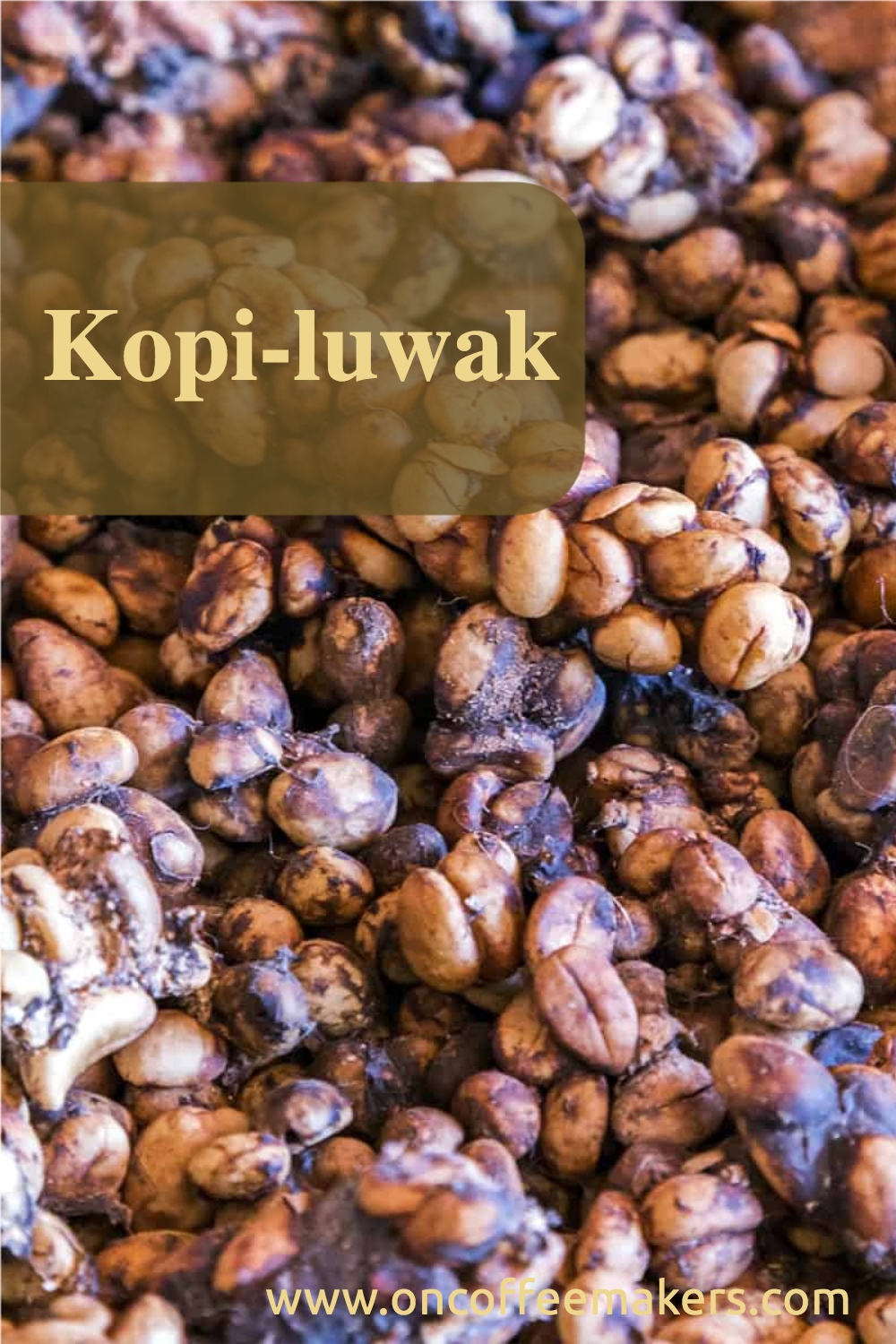What Is The Rarest Coffee
In The World?
Black Ivory Coffee . . . . . . . is a coffee brand made from Arabica coffee beans consumed by elephants and recovered from their faeces.
Black Ivory is one of the most costly and rarest coffees in the world, said to be rivaling Kopi Luwak. What makes this coffee the most expensive on the planet?
From the best Thai Arabica beans that have been plucked at an altitude of 1500 meters, Black Ivory coffee is made (around 5000 feet).
After being fed to Thai elephants, these beans go through the digestive tracts of elephants, whereby they’re activated by a particular family of enzymes that make the beans incredibly smooth and flavorful.
Elephants deposit most of the beans in tall grass, where they are eaten, broken, or lost. Only about 10% to 20% of beans that elephants drop survive in the tall grass.
The Arabica beans are harvested from their droppings by mahouts (elephant keepers). It takes a long time to put the beans back together once they've been broken down by the elephants.
The elephants, on the other hand, are extremely inefficient. The raw coffee cherries required to make one kilogram of Black Ivory coffee (2.2 pounds) 33 kilos of raw coffee cherries are needed (72 pounds).
It has less acidity and bitterness, which many people like. Black Ivory Coffee includes undertones of chocolate, tamarind, and spices. Unlike conventional coffees, it is sweet and has a tea-like consistency due to the natural fermentation process, premium Arabica coffee and elephant-friendly environment.
The price of a pound of this coffee, which comes from northern Thailand, is regularly upwards of $1,500. The procedure isn't always palatable, as is the case with many high-end coffees (see the list above).
It's a time-consuming and labor-intensive method that yields few entire beans because elephants tend to eat them.
The result, though, is special stuff, widely viewed as both the most expensive and most prized coffee on planet earth.
The world's most rarest and expensive coffee beans.

Black Ivory Coffee- $818.18 per pound.
The following flavors stand out: chocolate, nutmeg, and grass.
Another coffee mix derived from an animal's digestive tract is Black Ivory coffee. Elephants in rural Thailand are the focus of this study.
Coffee's characteristic flavor is derived from its digestion. The coffee has a fruity flavor because of the long fermenting process in the elephant's stomach.
A mild, tea-like flavor is produced when proteins in the elephant's stomach are broken down by enzymes.

Hacienda La Esmerelda Geisha- $601 per pound.
Floral and citrus aromas fill the mouth.
Although originally grown in Ethiopia, Geisha coffee beans have flourished since being brought to Panama.
Hacienda La Esmeralda's beans are grown at an altitude of between 1500 and 1900 meters above sea level, which gives them a distinct flavor.
Sweet, aromatic flavor is the result of a lengthy harvesting process, which also comes with a premium price.

Kopi Luwak- $299.55 per pound.
The flavor is earthy and tea-like.
Southeast Asia's civet coffee, also known as kopi luwak, is a peculiar treat. Indonesian palm civet swallows the coffee cherries and then defecates them in its own waste. Coffee is made from the coffee faeces that have been gathered.
Despite the nauseous procedure of making the mix, its smooth taste and absence of bitterness have made it a popular choice.
One of life's basic, sweet, and inexpensive joys is a good cup of coffee in the morning. Unless, of course, you're talking about the most expensive coffee beans.
How To Drink Coffee Without Staining Your Teeth
By Douglas
Other Latte Art Questions
What is the best milk for latte art?
How to Steam Milk at home for Latte Art?
Other Questions about Coffee
About US | OCM Profile
OCM (OnCoffeeMakers.com) was started in 2007 with the first webpage about coffee machines. And for a number of years, we focused on helping people find their desired coffee machine (we still are helping folks with that! So, if you are looking for coffee machines for office or restaurants - check out the link).
In 2010, we started getting enquiries on restaurant marketing and we start to help food and beverage brands with their marketing. Below are campaigns and events that we have done over the years:
OCM's campaigns: F&B Marketing Ideas by OCM
OCM's Events: F&B Industry events by or with OCM
Check out this restaurant marketing guide to learn more about the many campaigns and companies we have worked with.
Since then, we have also created many marketing workshops and classes for the F&B industry. Many of these modules are still running in tertiary institutions such as Temasek Polytechnic Skillsfuture Academy and also ITE College East COC classes, below are some snippets of our lectures and workshops:
OCM’s F&B workshops: Food and Beverage Marketing Lectures | Workshops - click to watch classes on customer journey map, JTBD and more.
So, if you are looking for industry practitioners to help you scale your coffee or F&B businesses, do drop us a message or book an appointment. Do also check out our various social media platforms on regular F&B and coffee market updates:
For regular coffee (F&B) related videos: OCM Youtube
For Daily Coffee Inspiration (fun coffee content): OCM IG
For insights into the coffee (F&B) industry: OCM LinkedIN
PS: For the coffee lovers, we continue to share coffee articles (and videos) and have also started a free coffee class section (with free online coffee training supported by coffee partners).